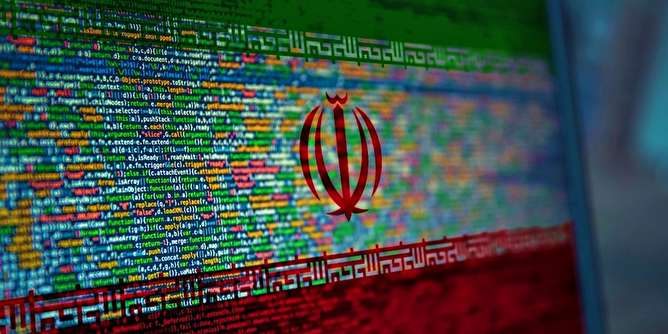Mohammad Reza Farajipoor told the Strategic Council on Foreign Relations that it is necessary for countries to pay attention to the combat with cyber threats, adding that immunization, fortification and improving the safety of critical, sensitive and important cyber infrastructure and or reliance on other countries against the cyber threats and attacks of the enemy using the know-how of domestic specialists and experts and maximum exploitation of domestic products and using cyber defense instructions in order to increase resilience and continue essential services are among Iran’s strategies against such threats.
He added that designing and creating a system of monitor, oversee, identification, control, care and warning of cyber threats using domestic capabilities in order to have intelligence control on the cyber threats of the enemy and discovery of cyber vulnerabilities and helping immunize the country’s cyber infrastructure are other strategies Iran is considering against cyber threats.
He added that against these threats, Iran emphasizes the establishment of a domestic cyber defense industry and production of cyber equipment using research and production capacities in order to support the cyber infrastructure and prevent cyber attacks.
Countries successful in cyber defense
He added that China, Russia, South Korea and NATO member states are successful in creating a cyber defense.
Referring to the focus of the European Parliament on how to combat cyber attacks and proposals made to defend the EU against these threats such as a digital defense platform and keep information gathered by companies inside this continent.
“The European Union in order to remove cyber security challenges has put on its agenda measures such as increasing cyber resilience, combat with internet crimes, improving cyber diplomacy, strengthening cyber defense, strengthening research and innovation and safeguarding critical infrastructure.”
Emphasis of EU leaders on increasing capability against cyber threats
Farajipoor said in this respect, in October 2020, leaders of the European Union called for an increase in the capability of the EU in cyber defense with the goal of safeguarding themselves against cyber threats, creating a safe communication sphere especially through quantum cryptography, ensuring access to data for judicial purposes and implementing the law.
He added that in December 2020, the European Commission and the EU External Action Service presented a new strategy for the EU’s cyber security which aimed to strengthen Europe’s resilience against cyber threats and ensure that all citizens and occupations can benefit from reliable and safe services and digital tools. The new strategy included specific proposals for the establishment of supervisory, investment and policy making tools.
Access to strategic autonomy while maintaining open economy is the main aim of cyber security
He added that on 22 March 2021, the European Union Council adopted its conclusions on cyber security strategy and stressed that cyber security is necessary for building a stronger, green and digital Europe.
According to Farajipoor, the ministers of the EU agreed that the main aim of cyber security is to access strategic autonomy to maintain open economy. This goal included strengthening the capability to choose autonomous options concerning cyber security with the goal of strengthening digital leadership in the EU and its strategic capacities.










0 Comments